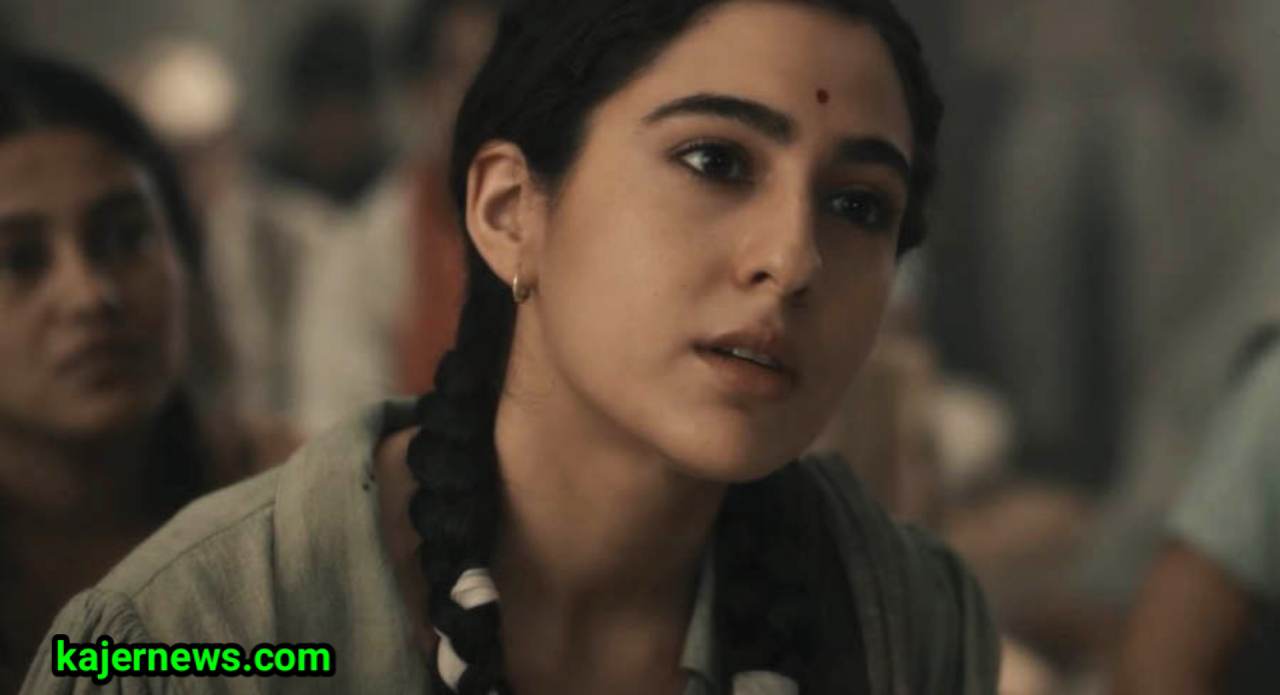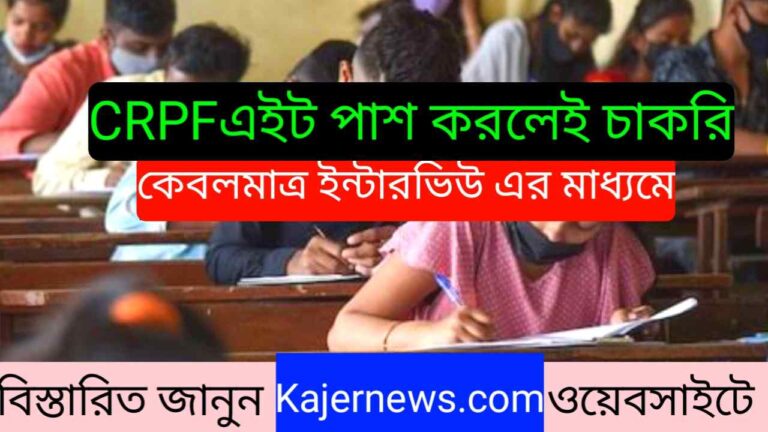Review of Ae Watan Mere Watan: Sara Ali Khan’s rendition of the conversation is more agonizing to witness than the struggle for Indian independence
Review of Ae Watan Mere Watan: Sara Ali Khan’s rendition of the conversation is more agonizing to witness than the struggle for Indian independence
Review of the film Ae Watan Mere Watan: The impediment that you are unable to overcome is Sara Ali Khan’s terrible dialogue delivery, which includes multiple expressions that are out of sync.
Review of the film Ae Watan Mere Watan: Do you recall the loud and memorable dialogue “Tum mujhe tang karne lage ho” from Imtiaz Ali’s Love Aaj Kal (2020)? Seeing her in Ae Watan Mere Watan and the way she delivers her lines in this historical drama gave me a strange sense of déjà vu. (Also Read: Sara Ali Khan’s statement, “I want to inspire my brother Ibrahim as an elder sister,” about making her family proud.)
The movie, to be honest, makes a real effort to tell the unique, complex, and masterfully presented story of an unsung hero in India’s liberation movement; nevertheless, Sara’s terrible language delivery, which includes multiple expressions that are out of sync, proves to be an unsurmountable obstacle. Since Sara doesn’t even speak Hindi as her first tongue, we called Rashmika Mandanna out for her bad line delivery in Animal, so it was kind of unpleasant to watch her sail in the same boat. She is fluent in Urdu and produces some incredible (ahem, ahem) poetry in shuddh (pure) Hindi. Perhaps she and the audience would have both been saved by a few lessons in dialect.
Ae Watan Mere Watan is a film that quickly transitions from black-and-white footage to sepia tones, thus it doesn’t require any context or flashbacks to explain its idea. The film transports you to the early 1940s, just before independence, and highlights the collaboration between angry young and freedom warriors in support of the Quit India Movement. Chest-thumping patriotism is a major component of Ae Watan Mere Watan, with cries of Vande Mataram and Jai Hind frequently causing disturbances between young people and British police.
The film follows the lives of Usha Mehta (Sara), a little girl who defies all difficulties to voice her distaste for the British authority, and highlights India’s quest for freedom in 1942. Usha takes matters into her own hands along with her reliable comrades, Fahad (Spash Srivastava) and Kaushik (Abhay Verma), following the arrest of notable freedom fighters. The movie follows their journey as they launch Congress Radio, an underground radio station with the express purpose of uniting people against British rule. Adhering to the nonviolent ideologies of Mahatma Gandhi,
Their encounter with Emraan Hashmi’s character, Ram Manohar Lohia, during the voyage gives their revolution a new direction, and an exciting chase with the British police ensues.
The biographical movie, which is based on the life of an unsung hero, is like a chapter from a history textbook. But as the narrative progresses, predictability creeps in a little earlier than you may think. After more than ten years away from his directing debut, Ek Thi Daayan, Kannan Iyer is back in the saddle, and what a striking contrast in genres he chose to work on. He makes an effort to preserve the old-world charm on his most recent excursion, which is seen in the accent, clothes, and building construction.
In her recently released Netflix India film Murder Mubarak, Sara, known for her aggressively glammed-up persona, plays a completely de-glam role in Ae Watan Mere Watan. It’s interesting to observe, though, how her outfit changes with time—from cotton suits with impeccably draped dupattas to cotton sarees and blouses with puffy sleeves. Despite her apparent effort, her subdued performance seemed a little mismatched given Sara’s attitude. She never persuades you in the same way as Usha or someone who acts with such subtlety. But there’s this one really well-performed moment where she visits a mosque while hiding behind a burqa.
Conversely, Emraan makes a strong impression as Lohia and adds weight to his performance. Some powerful quotes he gets to utter include, “No matter how many matchsticks are doused, the fire in our hearts will always remain,”
The interactions between Usha and her father, Judge Hariprasad Mehta (Sachin Khedekar), are one of the other scenes that merit mention. These beautifully written passages will touch you, whether it’s when she’s little and dreams of having wings after seeing Serbian birds soar in the sky, or when she’s an adult and tells her father she works for the Congress.
Even though Ae Mere Watan is set in the pre-Independence era, you can’t help but notice how liberally Hindi vocabulary is used in the narrative. Thus, words like “avaam,” “azaadi,” “kaayar,” “angrez,” “mazhab,” “zaalim,” “yudh,” “balidaan,” “garv,” “kranti,” “vidroh,” “shaheed,” “ahinsa,” “parcham,” “sangharsh,” and “samrajya” should not surprise you if you hear them every two minutes. Yes, I made an effort to record as many as I could, and they are substantial vocabulary increases.
AE Watan You have to give the crew credit for trying to simplify some of the more complex tropes in Mere Watan, even though they can be difficult to understand if you’re not paying close attention. For example, the use of triangulation technique by the Bombay Police to track Congress Radio and its location is discussed in great detail. My only wish is that Sara’s conversation delivery methods had received the same level of consideration, making the two-hour viewing more tolerable.






